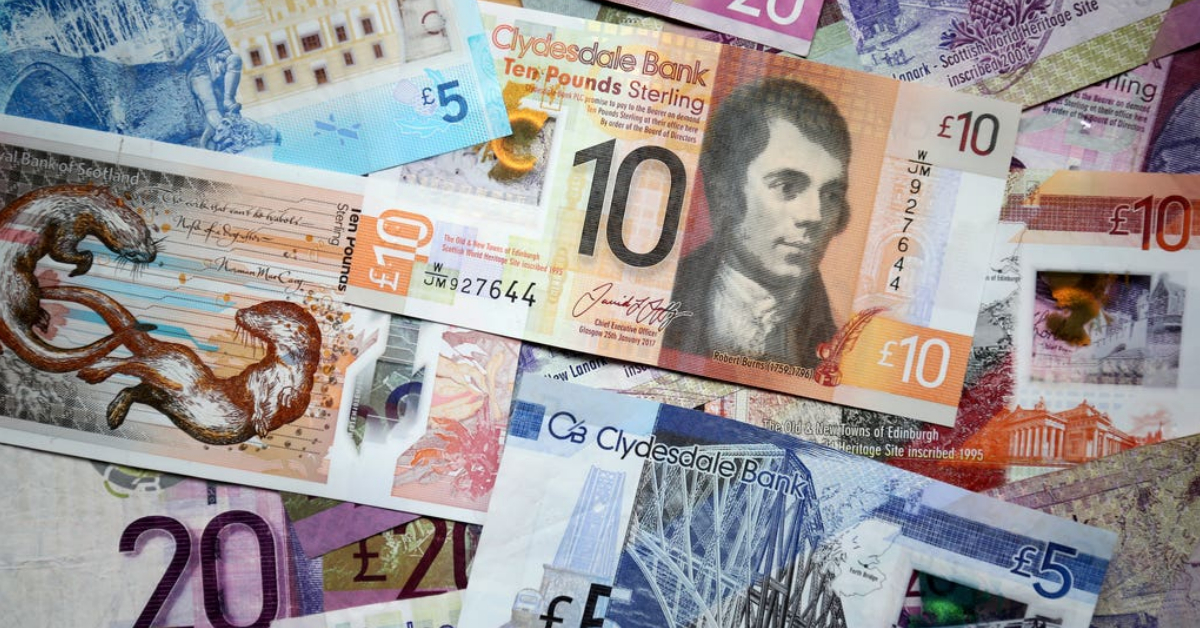The Government’s debt pile was bigger than the country’s economic output in June – the first time this has happened for more than 60 years, official data shows.
Public sector net borrowing hit £18.5bn last month, down from £20bn a month earlier, the Office for National Statistics (ONS) said. It pushed the total debt pile to a little under £2.6tn.
It was lower than the £22 billion experts had forecast, according to a consensus figure supplied by Pantheon Macroeconomics.
Yet this is still the third most that the Government has borrowed in any June since 1993.
The ONS said debt reached 100.8% of GDP in June, the first time that had happened since 1961.
The data earlier suggested that milestone was passed in May.
But on Friday, due to GDP being higher than initially estimated, the ONS revised May’s debt-to-GDP ratio down to 99.9% from 100.1%.
It is not the first time in recent years the UK was thought to have passed the 100% milestone only for the data to be revised later.
During the pandemic the ONS thought the measure had briefly risen above 100%, but it later revised these estimates as GDP was stronger than expected.
The interest the Government paid on its debt in June was £12.5bn, which is still the third-highest of any month on record, despite being significantly less than the £20bn payments in June last year.
“Domestic vulnerabilities drive a decoupling of UK fiscal position from its peers,” said Michal Stelmach, senior economist at KPMG UK.
“Public sector net borrowing was £18.5bn in June and £54.4 billion in the first three months of the fiscal year, an increase of 29% on the corresponding period a year earlier.
“This was largely driven by non-interest spending such as energy support schemes and benefit payments, which include the latest disability cost-of-living payment estimated to have cost around £740 million in June.”
“Heading into the next general election, the Government will be wary that despite the successive fiscal rules, public sector debt has tripled over the past 20 years.
“While this is not unique to the UK, domestic vulnerabilities … leave the current fiscal position more sensitive to shocks compared to its peers.”
Follow STV News on WhatsApp
Scan the QR code on your mobile device for all the latest news from around the country


 PA Wire
PA Wire


























